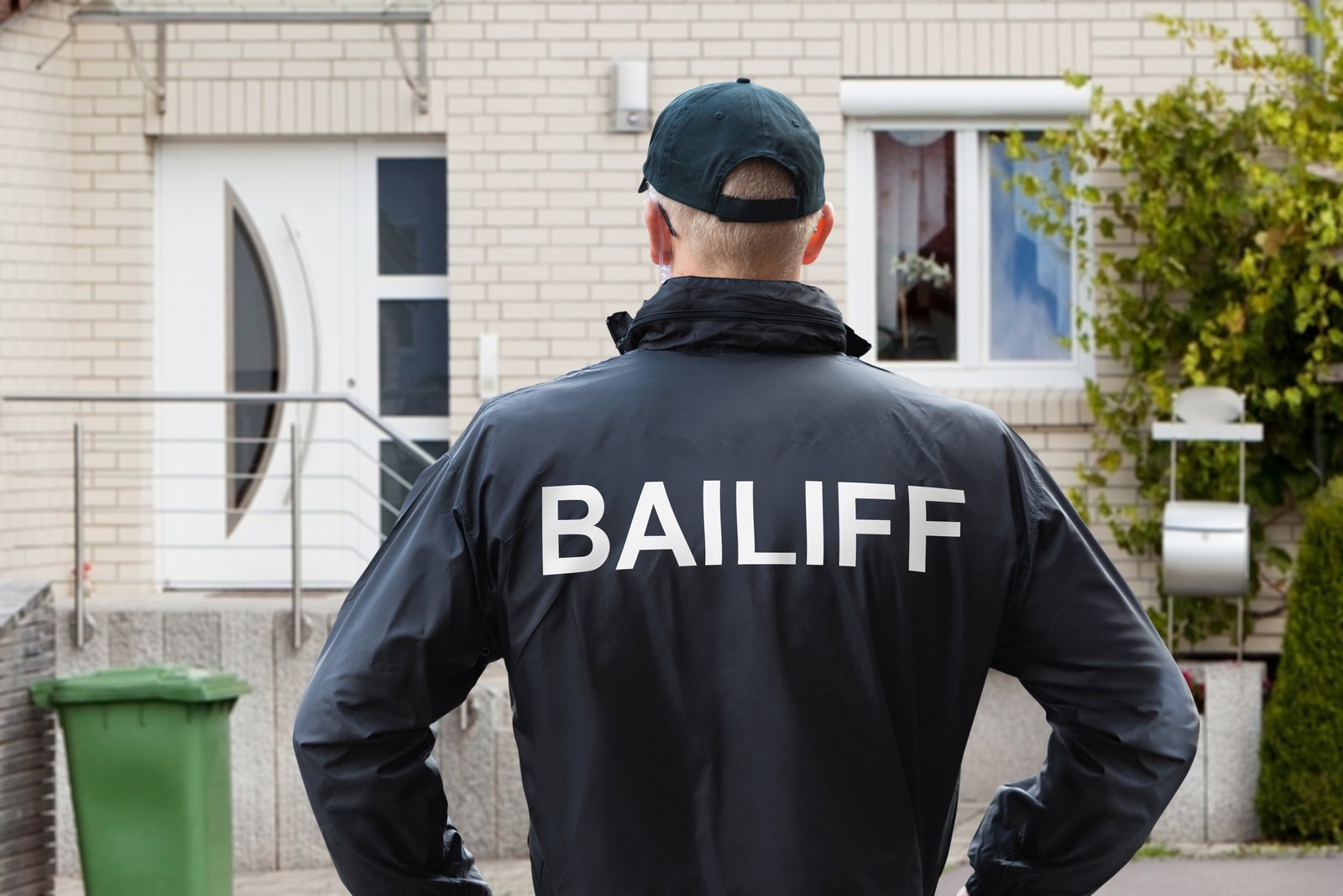A visit from the bailiffs can be one of life’s most stressful experience, but there are ways it can be made easier. Read on to access expert advice and where you find further support.
Try to negotiate
Even if you’ve received a Notice of Enforcement letter alerting you that a bailiff visit is imminent, it’s not too late to negotiate. In fact, if you act fast, you might be able to stop them from turning up on your doorstep at all. Start by contacting the owner of your debt, this might be your original lender or a debt recovery agency if your debt has already been sold on.
Depending on the outcome of your negotiation, you could end up with an affordable payment plan or agreeing to make a reduced repayment to clear the debt. If you’re not confident negotiating, consider getting in touch with your local Citizens Advice office as they might be able to step in and liaise with the lender on your behalf.
Ask a friend or family member to act as a witness
Whether you’re negotiating with the lender over the phone or dealing with bailiffs at your door, you don’t have to go it alone. Having a friend or family member with you could help you remain calm and make a stressful process a little easier. They can also act as a witness, use speakerphone so that they can make a note of everything said and ask them to step in and question any claims made that don’t ring true. Their testimony could be crucial evidence if you feel you’ve been mistreated and need to submit a formal complaint.
Move or conceal your property
When the bailiffs do visit, they’ll be hoping to make a list of goods you own that could be sold at auction to repay the debt. This includes things like your car if it’s parked on your drive or a public road and any valuables that they can see through the door or windows.
However, it’s not against the law to remove or hide your things before the bailiff visits. This might mean closing your blinds or curtains so they can’t look in, moving valuables to the home of a close friend or family member, and parking your car in a secure off-road location away from your home. It’s also worth noting that bailiffs must not take any essential items you need to live like your cooker, fridge, and washing machine.
Don’t let them inside your home
Apart from in specific cases, you don’t have to let bailiffs inside your home or business, and they can’t force entry. If they do enter, it must be between 6am and 9pm and only via peaceable means such as a door, gate, garage, or loading bay. If all your doors are locked, they shouldn’t try to get in by climbing through an open window, hopping the wall, or getting over the gate. Make sure that all your doors and windows are locked on the day the bailiffs are expected to visit and tell everyone else in the house not to answer the door.
Check their documentation
If a bailiff is on your doorstep, protect yourself by checking their documentation. All bailiffs should have a warrant issued either by the court or the creditor, paperwork detailing the debt amount and a breakdown of their charges, and proof of identity such as a badge or ID card. They should also be happy to share the name of the company they work for and how you can get in touch with head office.
To take things a step further, you can check their details against the certified bailiffs register or directory of high court enforcement offices. There’s no need to open the door to check their documents; instead, ask them to show you through the window or post it through the letterbox.
Make a complaint if things go wrong
Bailiffs shouldn’t use any threatening behaviour, force their way into your home, or use abusive language towards you. If they do any of these things, you can register your complaint with the bailiff’s employer first. You can also escalate your concerns with the lender directly.
If the bailiff’s employer or your lender fail to take any action, you could take things to the next level by approaching the bailiffs’ professional or trade organisation. In this case, you might want to seek help and advice from a professional.
Seek debt advice
Whether you’ve received notice that the bailiffs are on their way, or you’re concerned bailiffs might get involved as you’re falling behind with your debts, seek debt advice. A professional debt expert can take the time to understand your situation and explain all the different debt management options available including breathing space. Not only could entering a debt management solution like an Individual Voluntary Arrangement (IVA) help you start getting back on track with your finances, but it could also prevent further action – like bailiff visits – being taken against you.
Looking for support with your debts? Our team of experts is here to help. Give us a call on 0161 660 7255 or send a message here







